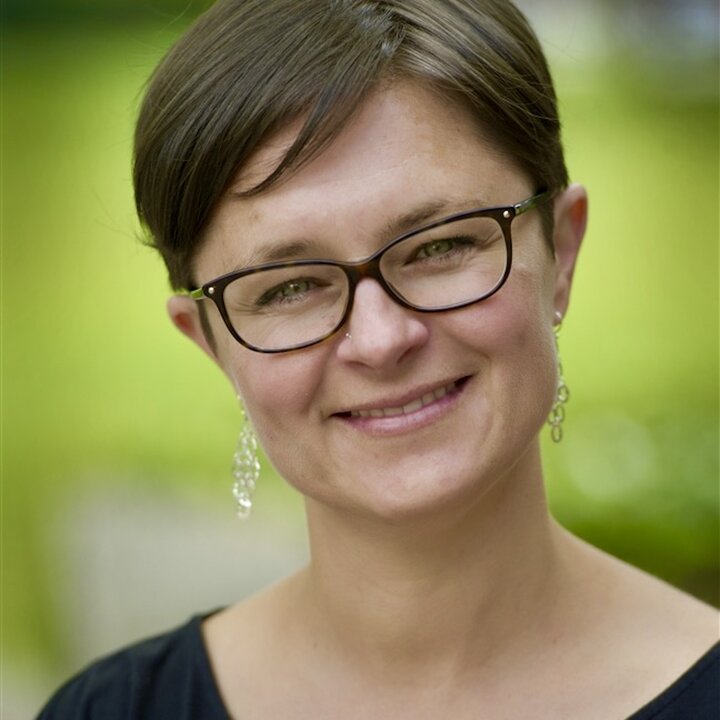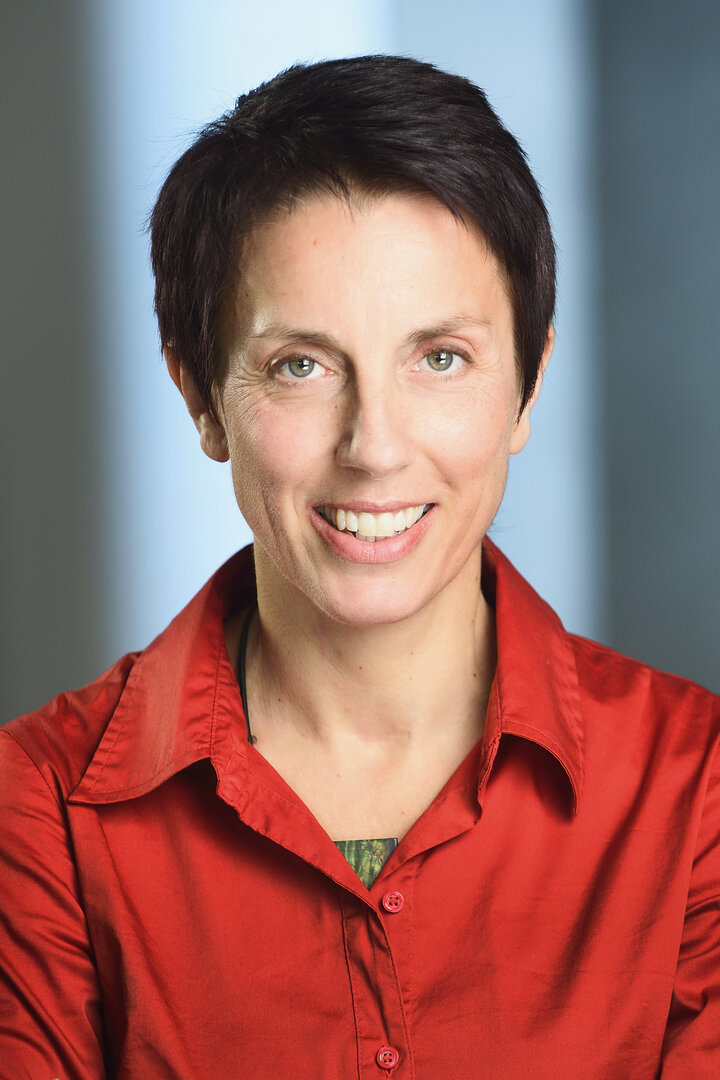2024 ICC Bookelet: Speakers, Paper Abstracts and Poster Abstracts.
Session 1: Policy and Life Cycle Assessment
Steve Csonka
Commercial Aviation Alternative Fuels Initiative
Csonka Aviation Consultancy LLC
Steve Csonka is a commercial aviation professional with 38 years of broad, strategic airline, aviation OEM, and SAF experience. Over his career, Csonka has been a strong industry advocate who has worked in roles that involved developing pragmatic solutions to the challenges of aviation growth. Such engagement led him to accepting the current CAAFI executive director role in 2012. CAAFI – the Commercial Aviation Alternative Fuels Initiative –is an industry partnership fostering the development and commercialization of sustainable aviation fuels. CAAFI engages in public-private partnership activities designed to convene the group of participants needed to stand up an entirely new industrial sector.
Steve also continues to serve in leadership, steering committee, consultancy, and BOD roles with multiple aviation industry organizations in areas of applying technology and business concepts to enable commercial progression with SAF, both through the work of CAAFI, as well as independent activities through his consultancy.
Tangible Aviation Market Opportunity for Sustainable Feedstocks
Camelina for SAF: Is the sky really the limit?
Synopsis:
Csonka will provide an overview of sustainable aviation fuel (SAF) industry efforts and progress. CAAFI is a public-private partnership between the aviation industry and the U.S. government founded in 2006. The organization’s role is to foster the development and commercialization of sustainable aviation fuels. Steve will discuss progress on SAF, focus on near term challenges in meeting the 2030 goals of the U.S. Sustainable Aviation Fuel Grand Challenge (3 billion gallons per unit domestic neat SAF blending component production), and review the opportunities for oilseed development and use.
Edmund K. Mupondwa
Agriculture and Agri-Food, Canada

Edmund K. Mupondwa is a project leader and research scientist of bioproducts and bioprocesses at the Saskatoon Research and Development Centre, Science and Technology Branch, Agriculture and Agri-Food, Canada, Government of Canada. He also is an adjunct professor in Department of Chemical and Biological Engineering at University of Saskatchewan, Saskatoon, Canada.
Integration of Camelina (Camelina sativa L. Crantz) into a biorefinery concept to advance circular economy: Technoeconomic analysis and life cycle assessment.
Synopsis:
Camelina (Camelina sativa L. Crantz) is emerging as an important sustainable dedicated industrial oilseed crop for clean energy, bioproducts, and other non-food applications. However, it is important to evaluate the sustainability of producing and valorizing camelina within the context of a circular economy. This paper provides an integrative technoeconomic analysis and life cycle assessment to link camelina to corresponding conversion pathways, including least-cost integration into the various conversion pathways for bioproduct production.
Session 2: Camelina Genetics and Genomics
Isobel Parkin
Agriculture and Agri-Food Canada
Isobel Parkin works as a research scientist for Agriculture and Agri-Food Canada in Saskatoon on the Canadian prairies. Her work focuses on genetics and genomics of Brassicaceae species, studying the evolution of genome structure in these complex polyploid species, and more recently targeting the genetic mechanisms that control chromosome pairing in allopolyploids. She has developed a number of community resources including genome reference sequences, such as that for Camelina sativa, and marker platforms for Brassica species, such as the Illumina Brassica 60K array.
Synopsis:
The close relatives of the hexaploid Camelina sativa vary in ploidy level, from diploid to tetraploid to hexaploid, providing a useful platform for studying genome evolution. Analyses of genome assemblies across the ploidy range, including five distinct Camelina species, provides insights into the evolutionary path to the crop; uncovers the level of gene diversity within the species, and the role of gene expression dominance and repeat diversification in shaping the modern genome of C. sativa.
Session 3: End-Use Opportunities and Novel Approaches
Johnathan Napier
Rothamsted Research
Originally from County Down, Northern Ireland, Johnathan obtained his B.Sc. in Agricultural Sciences from the University of Nottingham, followed by a Ph.D. in plant biochemistry from King’s College, London. He carried out postdoctoral research at the University of Cambridge, then taking up a position at Long Ashton Research Station in Bristol. His research group relocated to Rothamsted Research in 2003 where he is currently science director. Johnathan is also an affiliated lecturer at the University of Cambridge and honorary professor at the Institute of Aquaculture, University of Stirling. He has published over 200 peer-reviewed papers and is the inventor on multiple granted patents relating to the biotechnology of plant oils. He was awarded his D.Sc. from the University of Nottingham in 2006 for outstanding contributions to the field of plant lipid research. He is passionate about the importance of public engagement in gaining social license for new technologies and is a regular contributor to discussions about GM food and agriculture.
The Rothamsted Omega-3 Project – a success built on Camelina
Synopsis:
For over two decades, his research group has been evaluating the production of omega-3 fish oils in transgenic plants, to provide a sustainable source of these important nutrients independent of oceanic sources. Attempts to metabolically engineer plants with the biosynthetic pathway for these fatty acids has ultimately led to the production of a transgenic oilseed crop (Camelina sativa) which contains over 20% EPA+DHA in its seed oil. This omega-3 trait represents the most complex plant metabolic engineering trait to attempt the transition from a research phase into development, regulatory approval and commercialization, and all of these represent activities beyond the normal scope of academic research. Given the pressing need for answers to the global challenges facing humanity, increased focus and effort could be placed on translation and Napier’s talk will consider how this can be achieved without comprising curiosity-driven research. Specifically, there are lessons from an omega-3 project which might yield useful learnings. The fact that it takes 25 years to get to a point where impact is only now likely to be realized also confirms the need for realistic estimates in the time required for basic research to deliver societal benefits.
Anna Kate Shoveller
University of Guelph

Kate Shoveller received her Ph.D. from the University of Alberta and is currently a professor in the Department of Animal Biosciences, University of Guelph. She was employed by Procter & Gamble and Mars Pet Care where she added to the knowledge of dog and cat nutrition through investigation in the areas of energy metabolism and nutrient budgets of dogs and cats. Shoveller currently teaches Companion and Equine nutrition and runs an active comparative nutrition research group. Her current research focuses on amino acids, fatty acids and energy metabolism in dogs, cats, and horses. She has published over 150 peer-reviewed papers, contributed to multiple book chapters, and applied for multiple patents. She has been awarded over $8 million in grants and contracts since joining Guelph seven years ago. Her impact was most recently recognized in 2024 when she was named one of the University of Guelph’s Research Leadership Chairs.
Synopsis:
This talk will describe the differences and similarities among plant-based oils (camelina, flax, and canola) for the diets of dogs and horses on: gross health parameters, serum fatty acid profiles, subjective and objective metrics of skin and coat health, and skin and systemic inflammatory markers. Furthermore, in the case of horses, the inflammatory response will be described in horses fed camelina, flax, or canola. In addition, considerations for camelina oil as a source of essential fatty acids for dog and horse foods will be discussed.
Session 4: From the Bench to the Field
Russ Gesch
U.S. Department of Agriculture-Agricultural Research Service North Central Soil Conservation Research Laboratory

Russ Gesch is a research plant physiologist at the USDA-Agricultural Research Service’s North Central Soil Conservation Research Laboratory in Morris, Minnesota. His research program focuses on the physiology and agronomy of new and alternative oilseed crops with the goal of increasing the efficiency and productivity of cropping systems in the Midwestern U.S. while diversifying agricultural systems and protecting the environment. Dr. Gesch is currently developing best management practices for double- and relay-cropping winter camelina and pennycress with traditional Midwest crops to provide crop diversity and new economic opportunities for rural Americans.
Fitting camelina into agricultural systems for sustainable production
Synopsis:
As demand for biofuels and bioproducts increases, so does the need for oilseed feedstock supply for these products. Large-scale camelina production requires fitting it into farmers’ rotations to minimize disruption of conventional food, feed, and fiber crop production. Camelina can be grown as a winter crop between traditional summer annuals to sustainably intensify production. Such systems allow multiple crops to be produced per year, thus providing additional income and environmental benefits. Successes and challenges of double and relay cropping winter camelina with soybean and other short-season summer annual crops in the upper Midwest will be discussed.
Session 5: Metabolism and Plasticity (Resilience and Metabolism)
James V. Anderson
U.S. Department of Agriculture-Agricultural Research Service
James V. Anderson is a research chemist and lead scientist with the U.S. Department of Agriculture-Agricultural Research Service’s Edward T. Schafer Agricultural Research Center in Fargo, North Dakota. He also holds an adjunct professor appointment and is a member of the affiliate graduate faculty at North Dakota State University in Fargo. His current research program focuses on genetic, molecular, and physiological processes involved in abiotic stress tolerance and flowering in Brassicaceae oilseed crops, small grain cereal crops, and cover crops and forages suitable for colder climates and soils. The objective of the research is to improve sustainable agricultural intensification practices that also provide beneficial ecosystem services. He is a Fellow of the Weed Science Society of America and past president of the Association for the Advancement of Industrial Crops.
Synopsis:
Food security is important for social wellbeing. Integrating Camelina sativa into cropping systems as a feedstock for renewable biofuels should avoid impacting food production. Winter camelina biotypes can be intercropped with food commodities to intensify crop production without impacting food security. Growing camelina on marginal lands is another approach to increasing production. Because carbon intensity is associated with yield, identifying camelina germplasm that yields well under abiotic stress or on marginal lands is critical. This presentation covers the importance of screening camelina germplasm for tolerance to temperature extremes, saline soils, and dehydration that also retain high seed and oil yields.
Claudia Jonak
AIT Austrian Institute of Technology

Claudia Jonak is an expert in genetic, biochemical, molecular, and physiological adaptation strategies of plants to adverse environmental conditions (abiotic and biotic). Her research focuses on signal transduction towards the coordinated regulation of cellular metabolism and chromatin responses under stress. She is thematic coordinator and senior scientist at the AIT Austrian Institute of Technology. Prior to her current position, she held the role of research group leader at the Gregor Mendel Institute of the Austrian Academy of Sciences and at the University of Vienna. As an EMBO postdoctoral fellow, she worked on shoot development at INRA-Versailles in France. She is the coordinator of the EU-funded project UNTWIST, which aims to unravel the stress response mechanisms of the climate-resilient crop Camelina sativa and to implement successful stress adaptation strategies in new agronomic solutions.
Synopsis:
Climatic variability and extreme weather events are increasingly impacting crop yield and value. In her talk, “Uncovering camelina´s stress tolerance mechanisms,” Jonak will present the interdisciplinary approach of the UNTWIST consortium to investigate the multi-layered responses of a collection of genetically diverse camelina genotypes to drought and heat stress. This in-depth systems-based approach includes controlled stress experiments and field trials to improve understanding of the complex interactions between genotype, environment, and stress. The data form the basis for the development of mechanistic and predictive models as well as robust markers for crop performance in variable environments.